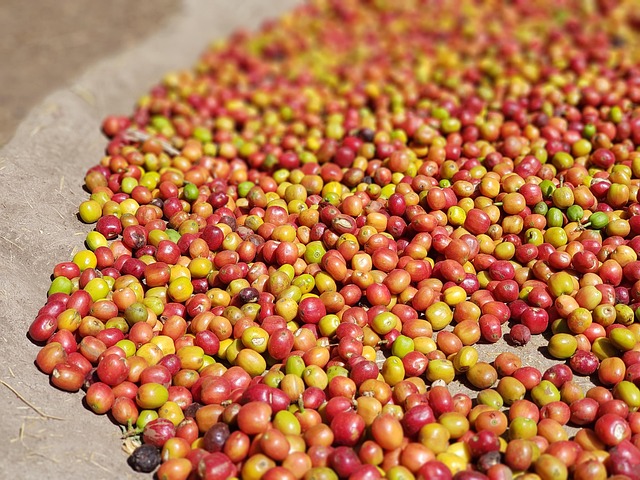Online education offers an incredible gateway to information. With a few clicks, you can access lectures, articles, videos, and interactive content on virtually any subject imaginable. It feels like having the world’s library and classroom at your fingertips, a vast sea of data waiting to be explored. Yet, simply consuming this wealth of material isn’t enough to build deep, lasting knowledge. It’s a bit like having all the ingredients for a complex meal but never actually cooking anything.
The real work, the true feladat” or task in online learning, lies not in receiving information, but in what you do with it afterward. This is where the power of “processing” comes in. Processing is the active engagement with the material – it’s making sense of it, connecting new ideas to what you already know, questioning assumptions, and finding ways to make the information your own.
Think of processing as the internal engine that transforms raw data into usable knowledge. In the context of online education, this means moving beyond passively watching a video or reading a digital textbook. It involves taking notes, but not just transcribing; it means summarizing in your own words, drawing diagrams, creating flashcards, discussing concepts in online forums, attempting practice problems, or even trying to teach the concept to someone else (or explaining it to yourself).
Online platforms often provide tools to facilitate this processing: quizzes that test your understanding, discussion boards that encourage peer interaction and different perspectives, assignments that require application of concepts, and opportunities for reflective journaling. Engaging with these tools is part of the processing task. It’s the effort you put in to wrestle with the ideas, to break them down, and to rebuild them in your own cognitive structure.
True knowledge building online isn’t about the quantity of information you consume, but the quality of the processing you apply to it. It’s the dedicated work of internalizing, synthesizing, and actively working with the material that makes the difference between just having access to information and genuinely building knowledge that sticks and can be used.




